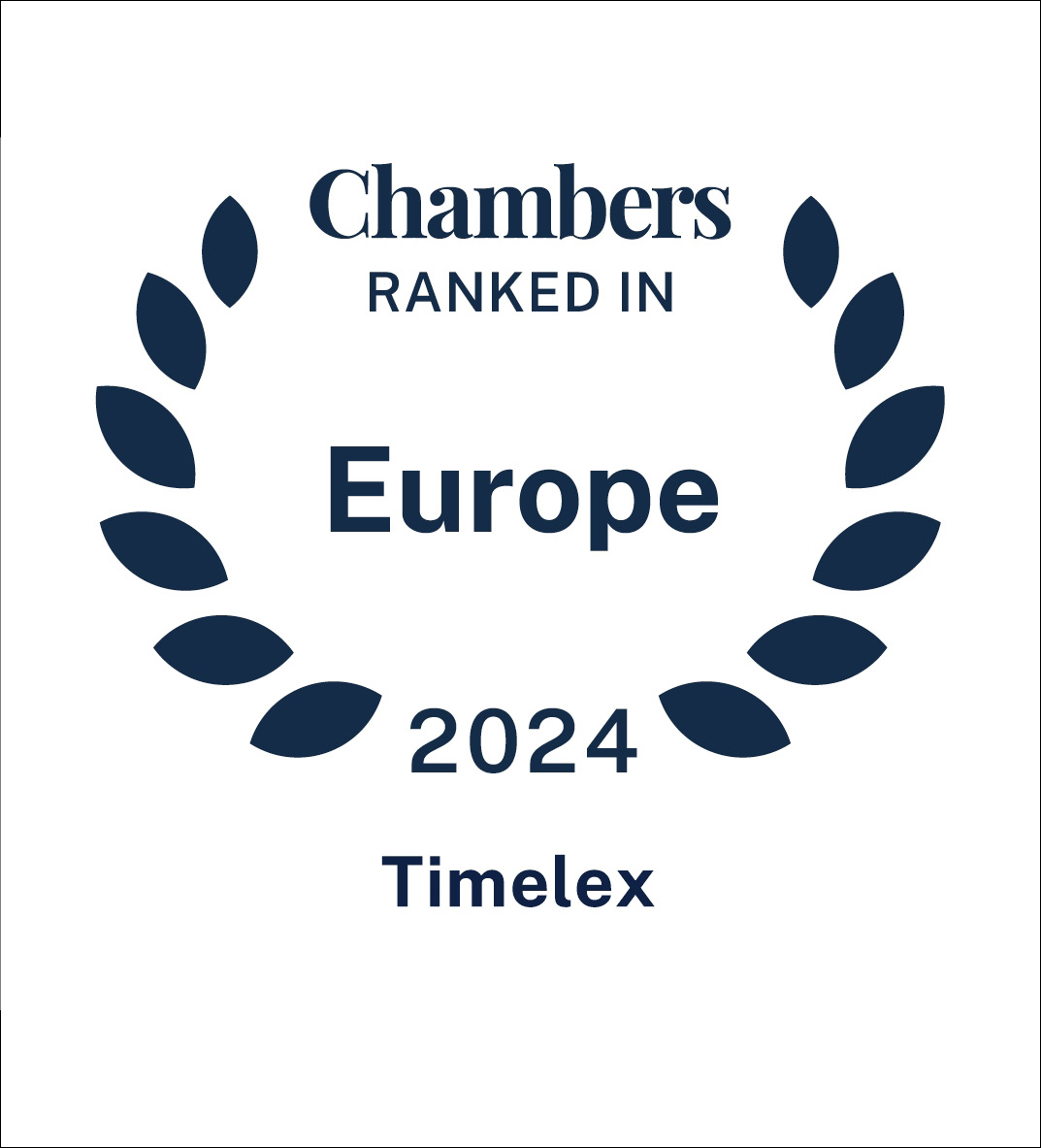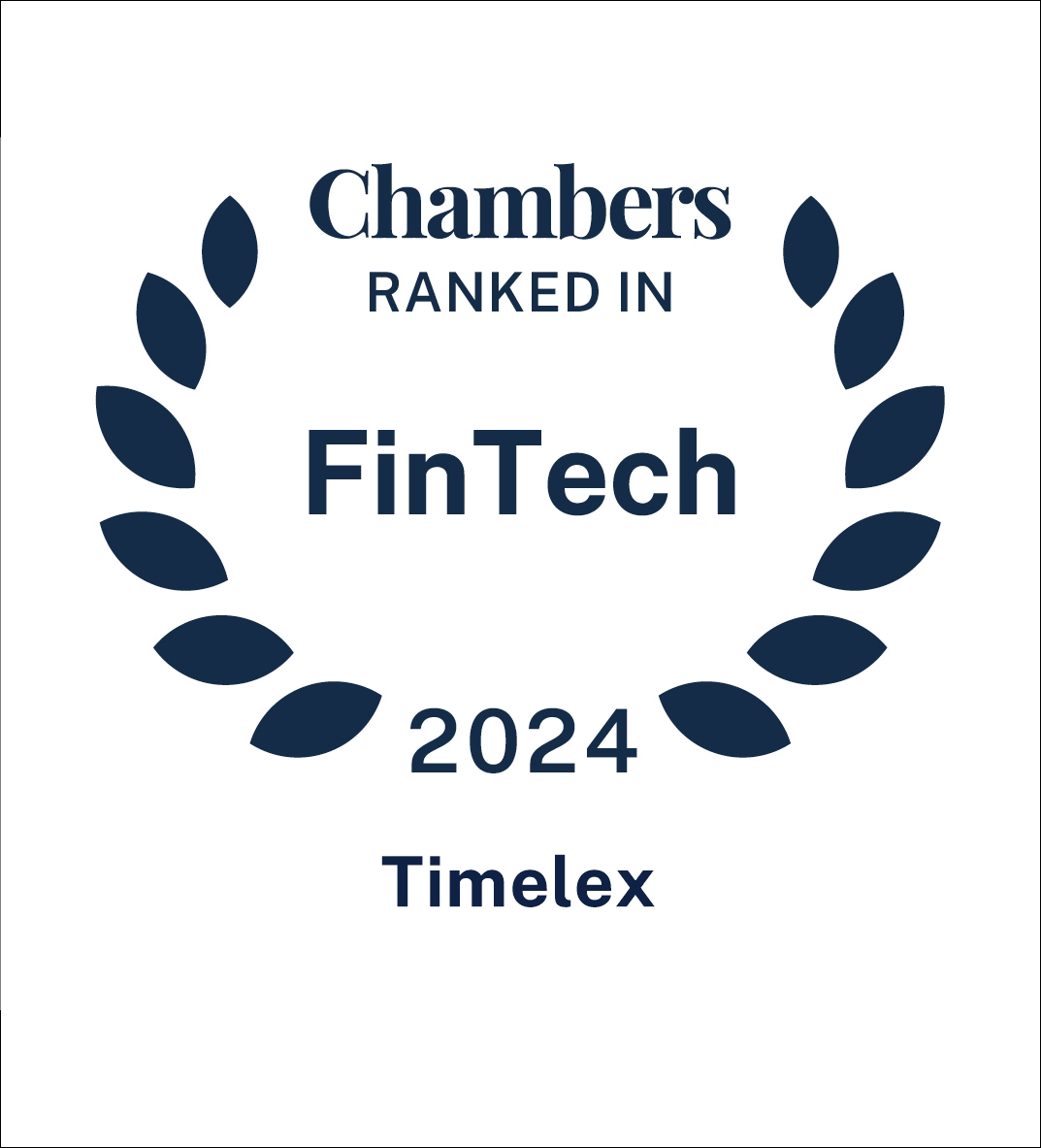Looking for?
time.lex presents the CITADEL project: new developments in (local) E-government in Belgium on the horizon?
E-government, which is essentially an integrated and continuous manner to provide public services through the optimal use of information and communication technologies (ICTs), has been a pillar in several Belgian policies for a number of years already, with numerous successful examples on the national, regional and local level. Many public administrations (PAs) are ever-increasingly investing in e-government, having long since seen the benefits it can bring in terms of efficiency and effectiveness for the provision of public services.
However, there are many challenges in transforming the traditional PA into an ICT-driven “e-PA”. It is these challenges that the CITADEL project aims to address.
CITADEL is a project funded by the EU under the horizon 2020 programme, in which time.lex provides legal advice to the consortium of partners implementing the research and innovation action. Another Belgian partner provides one of the test scenarios for the solutions the project is developing: the city of Antwerp.
The CITADEL project
An ecosystem of best practices, specific tools and recommendations.
CITADEL stands for “empowering citizens to transform European public administrations” and aims at improving public service provision on the basis of more and better innovation, greater efficiency and productivity through the use of ICT enablers. The project builds on the realization that high quality public services are a necessary basis for citizens’ social welfare and essential to a region’s competitiveness and entrepreneurship. Therefore, the delivery of high quality public services is absolutely instrumental for a society and its economy to function, whether on the national, regional or local level.
CITADEL tries to understand why citizens do or do not use a certain service, how existing services can be optimized and what is needed to create new and better public services. In order to do this, CITADEL will create an ecosystem of best practices, specific tools and recommendations to transform PAs, enabling the provision of more efficient, inclusive and citizen-centric services through the use of ICTs.
Implementation
The CITADEL ecosystem will be implemented and validated in four use cases/test scenarios in Latvia, Italy, The Netherlands and Belgium. The Belgian test scenario is provided by the city of Antwerp and aims at optimizing the provision of e-services by the local city government in relation to life events encountered by its citizens, e.g. birth of a child, turning 18, buying a house, the demise of a loved one. The life event “birth” was selected by the city of Antwerp as the most appropriate event for the first testing of the CITADEL method.
When such a life event happens, a citizen needs to interact intensively with the (local) government and is typically in need of a lot of hard-to-obtain information. Often different levels of government will be involved. The CITADEL project aims to provide ICT-driven solutionsand tools, facilitating the citizen’s swift access to these services, while at the same time enabling the adaptation, in the long run, of those services to the evolving needs of the citizens as a group. The PA will of course remain in charge of the substantive content of the solution opted for. CITADEL only aims to facilitate, not to decide.
Legal challenges
While the goals of the project are laudable, CITADEL brings with it many legal challenges, relating to the protection of personal data, profiling users, access management (i.a. e-identification), anonymization, pseudonymization, big data, secondary use of information, etc.
time.lex, acting as a lawyer to the consortium will be addressing all the legal issues that might arise while implementing the project in a proactive way, as it is currently doing in six other horizon 2020 funded projects. Moreover, time.lex will create a legal vademecum for PAs trying to transform themselves through the use of ICTs offered by the CITADEL platform, answering some FAQs and providing much-needed guidance.
Importance for e-government in Belgium
While the project is currently limited to four scenarios, the project’s results and the tools that it will develop to enable the transformation of traditional PAs into ICT-drive “e-PAs” will be able to be used by PAs throughout the EU. As such, the CITADEL project has relevance for PAs throughout Belgium, but especially on the local level since the CITADEL ecosystem will be an easy to use and affordable solution for local PAs to facilitate their own path towards more efficient and effective (e-) government.
For more information about the CITADEL project or for more info about time.lex’s legal services as a lawyer to a project consortium, please contact a time.lex lawyer. More information can also be found at http://www.citadel-h2020.eu.
This project has received funding from the European Union’s Horizon 2020 research and innovation programme under grant agreement No 726755.






